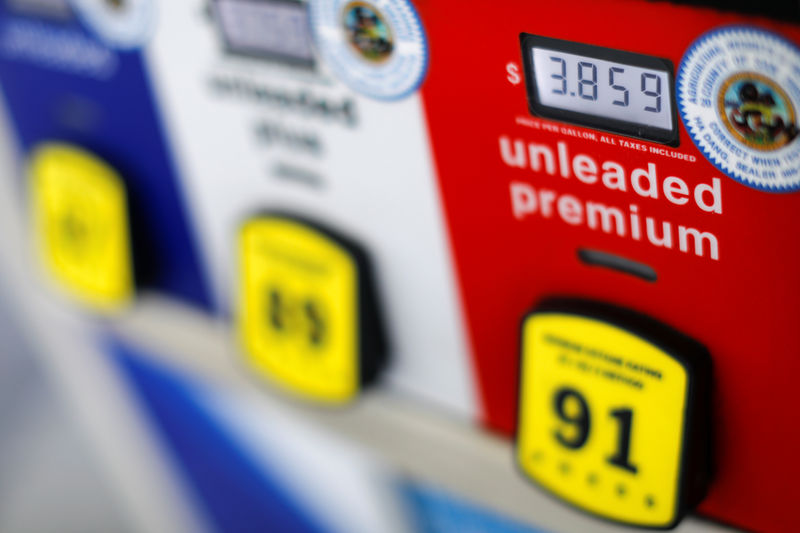LONDON (Reuters) - Commodities-related revenue at the 12 biggest investment banks was 32 percent higher in the first nine months of this year than in the same period in 2017, pulled up by volatile power, gas and base metals prices, consultancy Coalition said on Monday.
Revenue from commodity trading, selling derivatives to investors and other activities in the sector climbed to $2.9 billion, the financial industry analytics firm said in a report.
"Increased volatility led to one-off gains in power and gas and base metals. Growth was further supported by higher revenues in investor products," Coalition said.
The rise in the first half comes after years of falling revenue in the sector for top banks, including a 42 percent fall last year to its lowest since at least 2006.
Banks' commodity revenue has been on a steady downward path in recent years as they have exited or slimmed down their commodity businesses due to heightened government regulation and poor performance from the sector.
Revenue in the commodities sector at the 50 biggest investment banks was $4.3 billion last year, down from $15.9 billion in 2008 at the peak of the commodities cycle, according to Coalition.

The 12 banks Coalition tracks for its quarterly reports are Bank of America Merrill Lynch (N:BAC), Barclays (L:BARC), BNP Paribas (PA:BNPP), Citigroup (N:C), Credit Suisse (S:CSGN), Deutsche Bank (DE:DBKGn), Goldman Sachs (N:GS), HSBC (L:HSBA), JPMorgan (NYSE:JPM), Morgan Stanley (N:MS), Societe Generale (PA:SOGN) and UBS (S:UBSG).